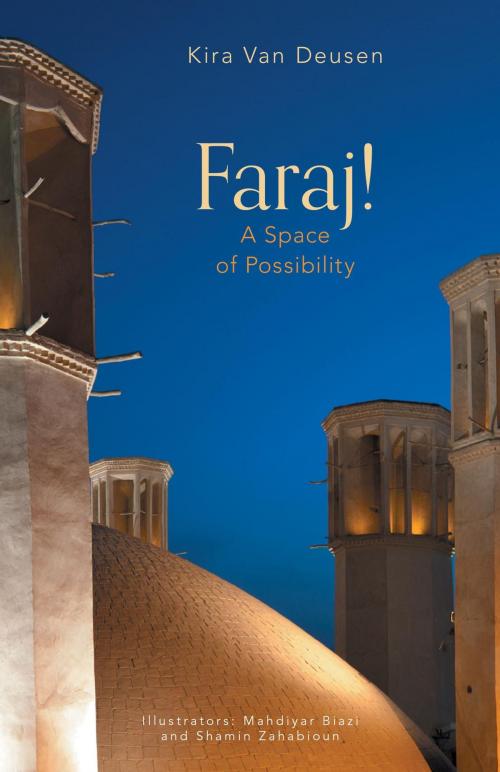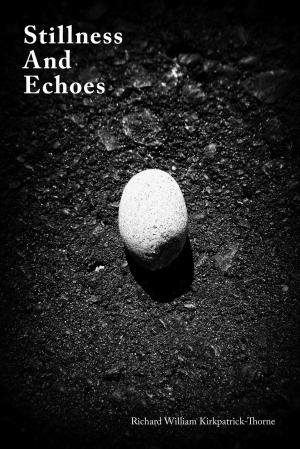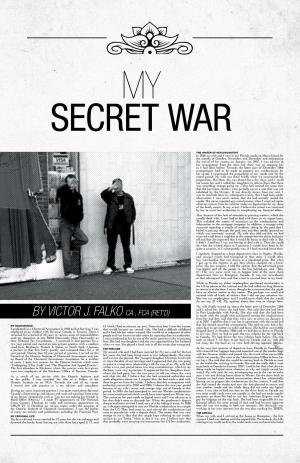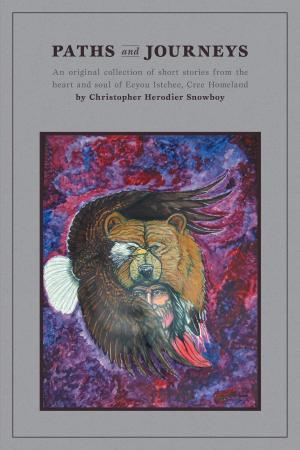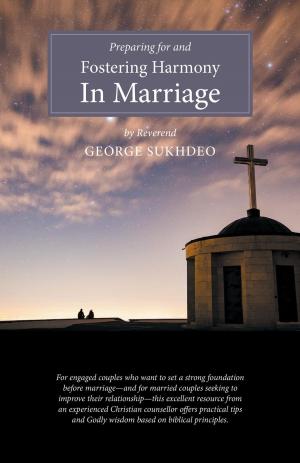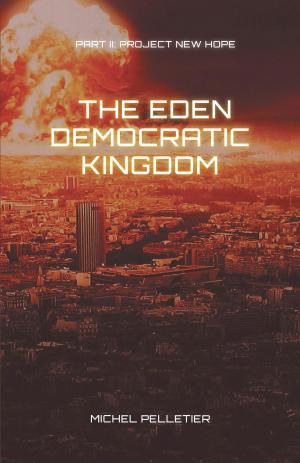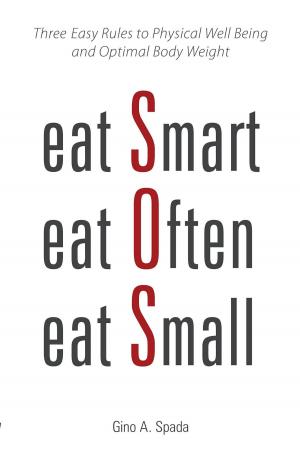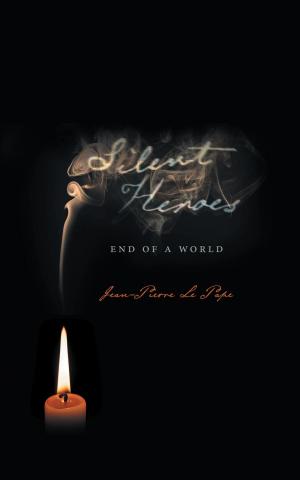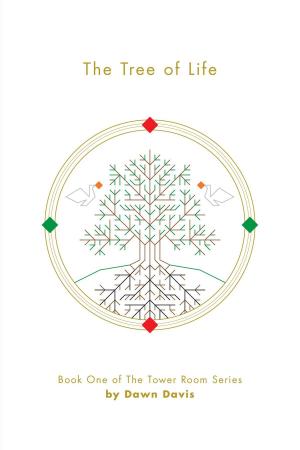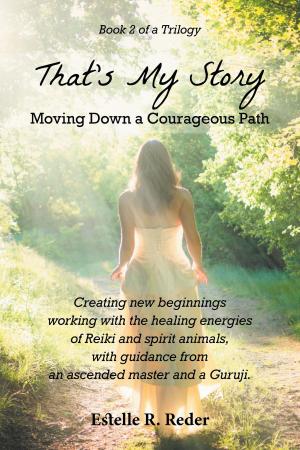Faraj!
A Space of Possibility
Nonfiction, Religion & Spirituality, Reference, Comparative Religion, History, Middle East| Author: | Kira Van Deusen | ISBN: | 9781460286821 |
| Publisher: | FriesenPress | Publication: | May 27, 2016 |
| Imprint: | Language: | English |
| Author: | Kira Van Deusen |
| ISBN: | 9781460286821 |
| Publisher: | FriesenPress |
| Publication: | May 27, 2016 |
| Imprint: | |
| Language: | English |
“Faraj” is a Farsi word meaning an opening, a blessing, a space of possibility. Ābtin journeys for a whole year, across deserts and mountains to the sea. The young Zoroastrian hopes to come to terms with his harsh father and his own ambivalence about the art of carpet weaving. He dreams of Mitrā, a Muslim girl who waits for him back home, gathering medicinal plants in the barren lands, struggling with her family’s pressure to marry and a stranger’s accusations of sorcery. Once reunited, Ābtin and Mitrā realize that both of their religions will forbid their marriage. Gossip is rampant and persecution of Zoroastrians is on the rise. Faraj: A Space of Possibility is set amidst the mud-brick houses, wind towers, and tiled mosques of 17th century Yazd—a crossroads on the Silk Road. We follow Ābtin and Mitrā as they work to reconcile their communities, often at risk to themselves. Together they experience mysticism, danger, and the ups and downs of young love. Gaining confidence in their callings as carpet weaver and healer, Ābtin and Mitrā search for a way to be together. They yearn for a space of possibility – faraj.
“Faraj” is a Farsi word meaning an opening, a blessing, a space of possibility. Ābtin journeys for a whole year, across deserts and mountains to the sea. The young Zoroastrian hopes to come to terms with his harsh father and his own ambivalence about the art of carpet weaving. He dreams of Mitrā, a Muslim girl who waits for him back home, gathering medicinal plants in the barren lands, struggling with her family’s pressure to marry and a stranger’s accusations of sorcery. Once reunited, Ābtin and Mitrā realize that both of their religions will forbid their marriage. Gossip is rampant and persecution of Zoroastrians is on the rise. Faraj: A Space of Possibility is set amidst the mud-brick houses, wind towers, and tiled mosques of 17th century Yazd—a crossroads on the Silk Road. We follow Ābtin and Mitrā as they work to reconcile their communities, often at risk to themselves. Together they experience mysticism, danger, and the ups and downs of young love. Gaining confidence in their callings as carpet weaver and healer, Ābtin and Mitrā search for a way to be together. They yearn for a space of possibility – faraj.
